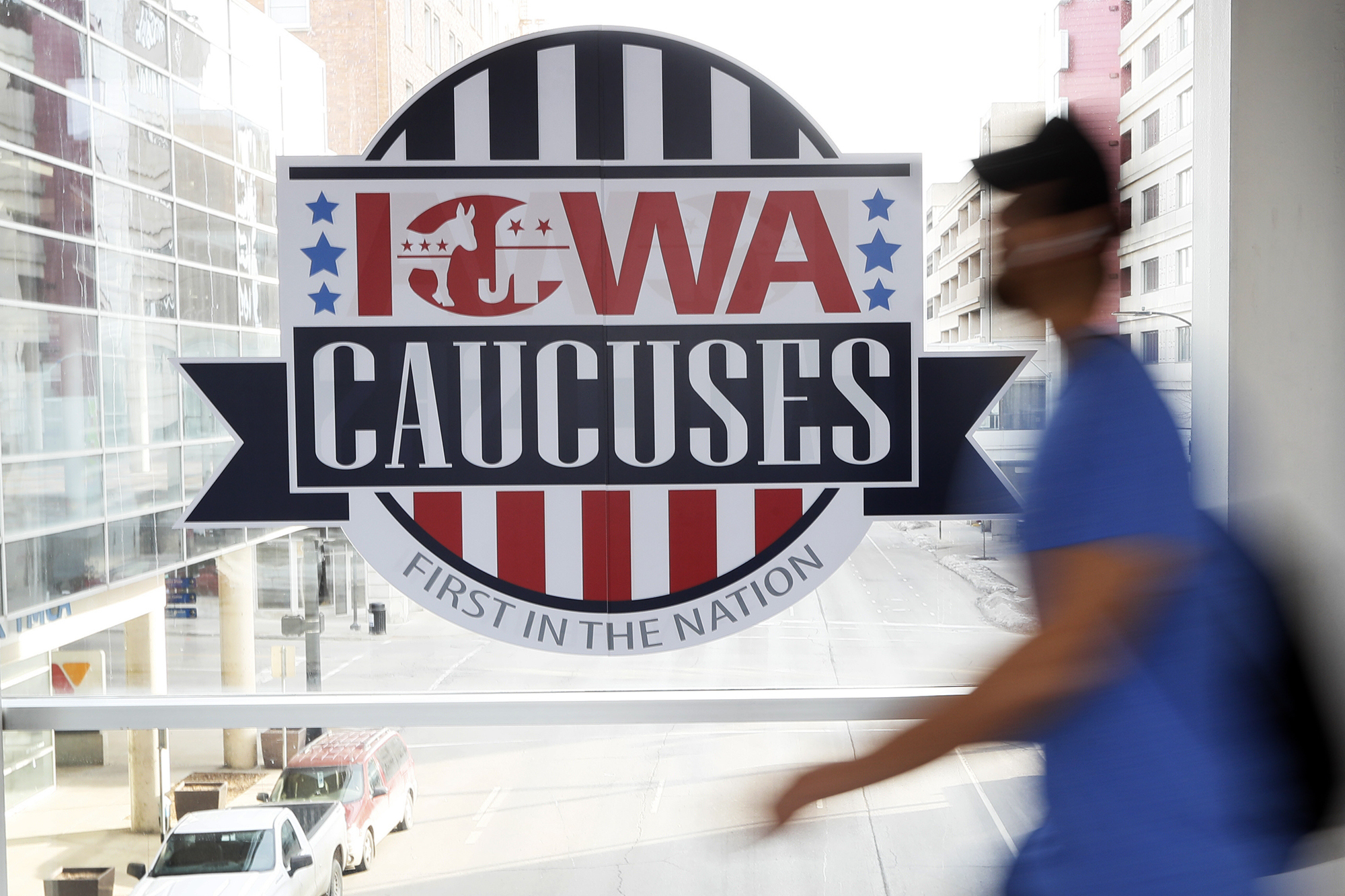
The Iowa caucuses get underway on Monday, when the state’s Republicans pick their presidential candidates and the 2024 presidential election cycle officially begins. But what is a caucus and what will the results mean? Penn Today asked John Lapinski of the School of Arts & Sciences to share three things to know about the caucuses. Lapinski is faculty director of the Robert A. Fox Leadership Program, director of the Program on Opinion Research and Election Studies, faculty director of the Fels Institute of Government, and director of elections at NBC News.
Caucuses are not the same as primaries
A lot of people think that “caucus” and “primary” can be used interchangeably, but caucuses are actually local party meetings. While we may focus on the presidential preference vote aspect of the caucus, there is other local party business that also takes place at these meetings. Unlike primaries, where voters can show up to vote anytime throughout the day while polls are open, at a caucus, a voter needs to be at their local school or firehouse at the beginning of the meeting. In Iowa, doors close at 7 p.m. local time. If you arrive after that time, you are unable to participate.
After caucus-goers say a prayer and the Pledge of Allegiance, each meeting elects a caucus chairperson and then proceeds to the presidential preference poll. At each location, supporters are allowed to make speeches to persuade people to support their chosen candidates. After speeches, attendees vote on a secret ballot. While some locations will use a pre-printed ballot, most just distribute a blank piece of paper. These ballots are then counted publicly in front of all caucus attendees and the results are announced. After the presidential preference vote, the caucus proceeds with the rest of the party’s business.
The Iowa caucuses are the first presidential preference contest of the 2024 cycle
This is the first time Republican voters will have the chance to weigh in on who they want to represent their party during the presidential election. Historically, candidates who struggle to garner significant vote share in the caucuses are likely to drop out of the presidential race. The Iowa caucus could help to narrow the presidential field, but the 40 delegates up for grabs in Iowa represent less than 2% of the total delegates at stake during the Republican primary season. The eventual Republican party nominee has only won three of the last eight Iowa caucus events: Gerald Ford in 1976, Bob Dole in 1996, and George W. Bush in 2000.
All eyes are on Trump
Polls have shown that Donald Trump holds a commanding lead in Iowa among likely caucus-goers. Trump actually lost the 2016 Iowa Caucuses to Ted Cruz, so it will be curious to see if he is able to outdo his 2016 performance.







